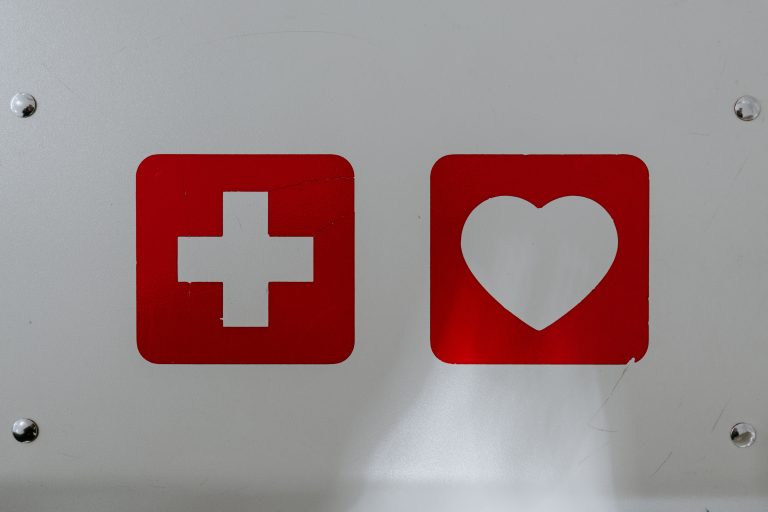Also in the series:
- Emotional First-Aid; Basic Steps To Build a Sound Emotional Health.
- How To Help Your Child Achieve Emotional Strength
- How Does Coronavirus Affect Mental Health?
- Curbing the Effects of Covid-19 on Mental Health

When a person is infected with malaria, you can see the symptoms – fever, chills, headache, etc.
When a person has a bruise, you can see the effects – blood and cuts on the body.
When a person has a stroke, you can see the manifestation – trouble in speaking, trouble in walking, loss of balance etc.
But if a person has a mental illness, what do you see? In most cases, nothing!
Individuals with mental health challenges show no symptoms initially. They walk like you, talk like you, and maybe even smile like you; but you would see no symptoms except in two cases:
- When you pay close attention or
- When the illness leads to a physical problem, e.g. suicide.
This initial obscurity of emotional problems makes it hard for us to notice how they are affecting us and also take necessary precautions. Just as we find it hard to notice emotional problems in ourselves, it is often hard to notice these problems in those around us – especially children.
When these problems start manifesting (as withdrawal, chronic depression, or even suicide), they become harder to solve. So, it is important to spot emotional problems before they become chronic.
Spotting Symptoms of Poor Mental Health
Look out for the following symptoms to discover whether an individual has a mental health challenge.
- Staying in the person’s room
- Not being in touch with friends
- Not answering texts
- Avoiding mealtime
- Excessive worrying or fear
- Feeling excessively sad or low
- Confused thinking or problems concentrating and learning
- Extreme mood changes, including uncontrollable “highs” or feelings of euphoria
- Prolonged or strong feelings of irritability or anger
- Avoiding friends and social activities
- Difficulties understanding or relating to other people
- Changes in sleeping habits or feeling tired and low energy
- Changes in eating habits such as increased hunger or lack of appetit
- Difficulty perceiving reality (delusions or hallucinations, in which a person experiences and senses things that don’t exist in objective reality)
- Inability to perceive changes in one’s own feelings, behavior or personality (”lack of insight” or anosognosia)
- Overuse of substances like alcohol or drugs
- Multiple physical ailments without obvious causes (such as headaches, stomach aches, vague and ongoing “aches and pains”)
- Thinking about suicide
- Inability to carry out daily activities or handle daily problems and stress
- Intense fear of weight gain or concern with appearance
Source: Webmd, National Alliance on Mental Health
Noticing these symptoms is very critical because it is the first step to understanding the presence of an emotional problem. In kids, the most common symptoms are usually a change in mood, desire to always be alone, and distance from family.
The covid-19 pandemic has caused more havoc than we can imagine. It is the responsibility of every one of us to take charge of our emotional health and that of our children to ensure that it doesn’t trickle down into something worse.
Although you may not see the side effects of an emotional breakdown quickly, it is wrong to decide that nothing is wrong. It is necessary to know how to handle situations of gentle or hidden emotional breakdowns, and that’s what we’ll be discussing in the next article.
Next:
- Emotional First-Aid; Basic Steps To Build a Sound Emotional Health.
- How To Help Your Child Achieve Emotional Strength
Previous:








0 thoughts on “Why do we Neglect our Mental Health?”
I loved as much as you’ll receive carried out right here. The sketch is attractive, your authored material stylish. nonetheless, you command get got an edginess over that you wish be delivering the following. unwell unquestionably come more formerly again since exactly the same nearly very often inside case you shield this increase.
Your comment is awaiting moderation.